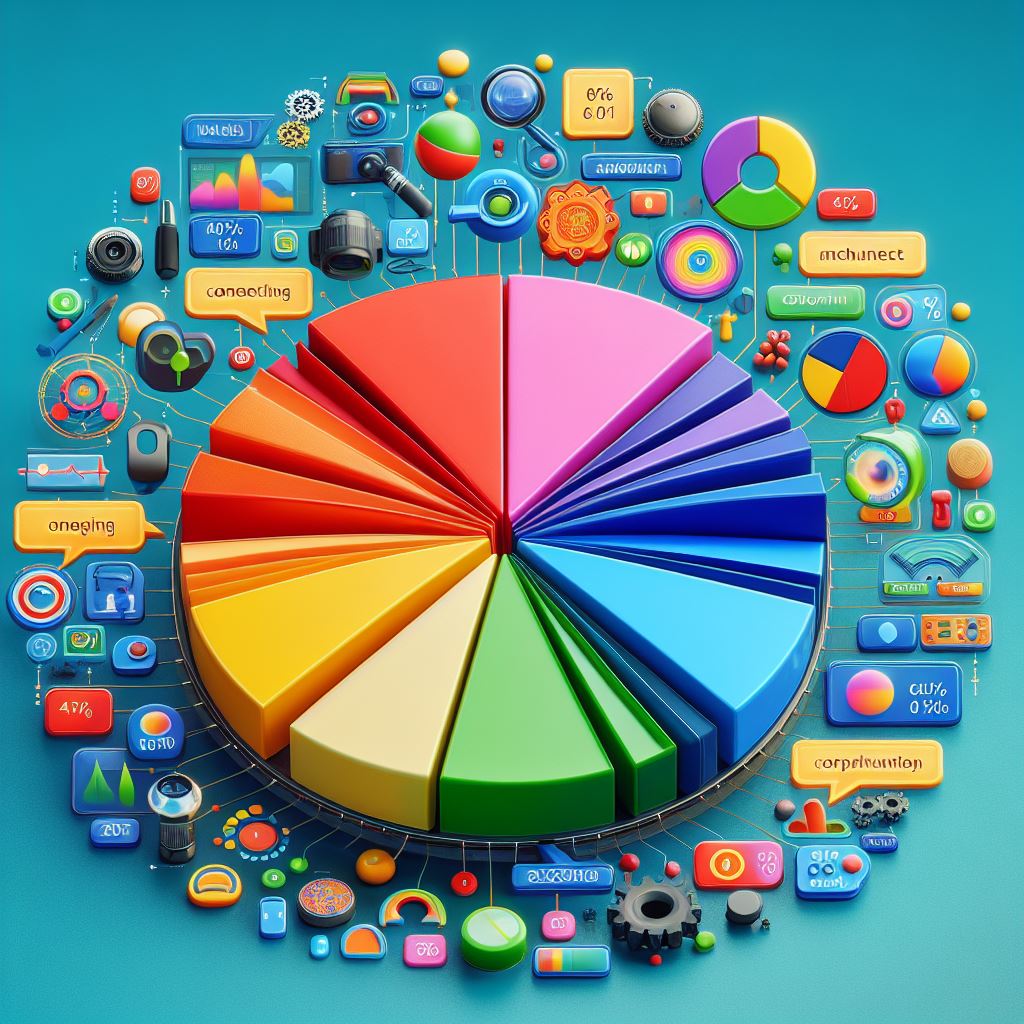In a significant move, Meta, the parent company of Instagram and Facebook, has pronounced plans to label all the images on Instagram and Facebook created with leading artificial intelligence tools. This decision comes in response to growing concerns about the potential for AI-generated content to misinform users.
The debate strengthened when an AI-generated image of the pope sporting a stylish white coat went viral last year, leaving internet users questioning its authenticity. Similarly, fake images of former President Donald Trump’s arrest, also created using AI, confused. Meta aims to enhance and improve transparency by disclosing when sophisticated AI tools produce images, videos, audio, or text. These tools can generate highly plausible content from simple prompts.
The labeling initiative will apply to images posted on Instagram, Facebook, and Threads. As millions of people participate in high-profile elections worldwide this year, the need to address AI’s potential to mislead becomes even more critical. Experts and regulators have raised concerns about deepfakes i.e. digitally manipulated media that could intensify misinformation efforts. Meta’s approach involves using invisible markers, including watermarks and metadata, to indicate AI-generated content.
Labels will be applied in multiple languages, helping users distinguish between real and synthetic content. Nick Clegg, Meta’s president of global affairs, emphasized the importance of transparency as AI blurs the line between human and synthetic content. The labels will extend to images created by Google, Microsoft, OpenAI, Adobe, Midjourney, and Shutterstock once these companies incorporate the necessary technical metadata. While Meta’s AI-generated images are already labeled, the challenge lies in addressing content from other image generators that may not adopt similar markers.
Read More: Diverse Voices Must be Heard in Leading the Growth and Regulation of AI
With great inventions, comes great responsibility. And with AI already expanded around the world, the creators should be more vigilant to protect information and provide authenticity and validity to avoid distrust in technology.

